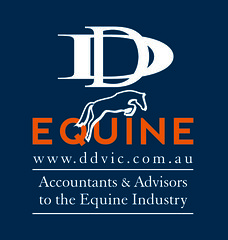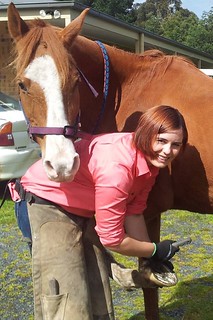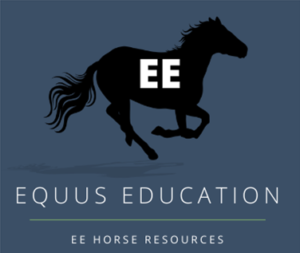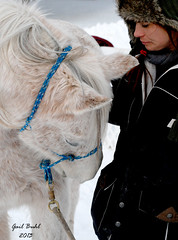
How much of your day/week is related to horses?
I work between 5 and 20 hours per week on my horse product business (WikSmart Coolers) www.wiksmart.com. I also teach a few riding lessons/training horses per week depending on the time of year (1-5 hours per week).
And, of course I try to spend as much time as possible with my own horses, between 4 and 12 hours per week with them or more if I go camping or to shows in the summer. In Minnesota, it all depends on how cold it gets and this winter has been fierce!
What is it exactly that you do?
I invented a new kind of horse cooler that gets the horse dry where they really sweat – the belly and chest – in addition to the rest of the body that traditional coolers cover. I am in my first year of business and basically run the WikSmart Business myself. I do everything from bookkeeping to marketing, to attending horse expos around the country selling my product, to web development and product design.
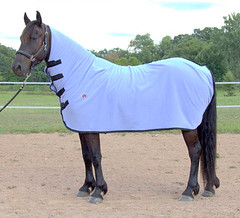
In this field of work, is it possible to be a full time professional and earning a liveable income?
Yes, but not yet for me. I still work my full-time job as a Dental Hygienist in addition to the WikSmart business and training/lessons.
What are the general steps taken to be employed in such a role?
For me, it was about creating a job for myself. At first there was a lot of product development , prototyping, and product testing. Then there was research into patents (WikSmart is patent-pending), manufacturing and shipping.
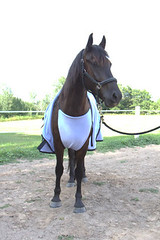
Next came teaching myself about marketing, advertising, sales, web development, horse expo exhibition, and product promotion. Then, of course, accounting and number crunching. I figured most of this stuff out just by looking it up on the web and picking people’s brains who have the knowledge I need. I also took a class on how to start a small business.
Favourite horse memory?
The summer in which my 18-year-old, unregistered, rescue-horse, Arabian gelding and I took 6 first-places at local dressage schooling shows. I trained him myself and he came to me in sorry shape so I am very happy with our progress together and very proud of him.
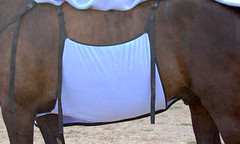
Future goals?
To be able to work full-time on the WikSmart business and make more than a decent living at it. And to have more time for my horses. I will not let those two things be mutually exclusive.
Best thing about your sport/profession?
Horses. Sometimes I stand back and watch people with their horses and think about how they brought us all together in that very situation. And I think about how much we learn about ourselves through them. Without them, I would not be as kind, compassionate, observant or accepting of a being. I also would not have as many friends 🙂
“You know you’re a horseperson when …you look at all the piles of laundry sitting next to your washing machine and most of them are breeches, horse blankets, saddle pads, etc…. but you don’t even care about the horsey hair residue that will be left in your washer and dryer.” – Author unknown

